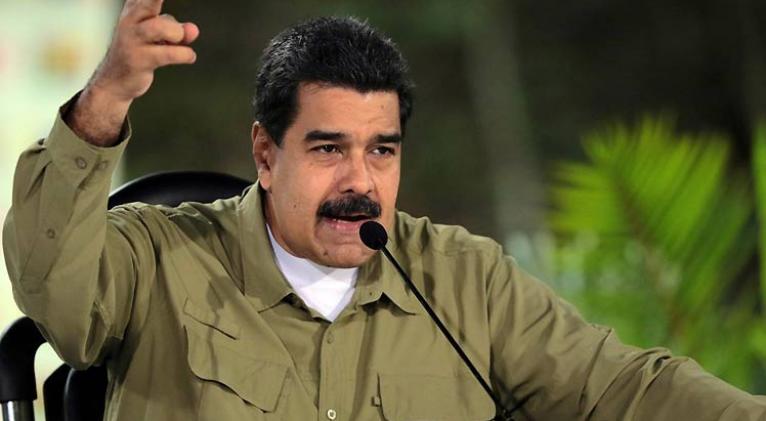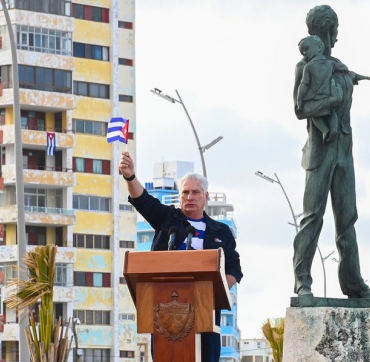Venezuela adopts legislation to deal with economic blockade
especiales

The approval of a constitutional law by the National Constituent Assembly (ANC) on Saturday opens the doors for the Venezuelan State to implement bold strategies to confront the effects of the United States-imposed blockade.
The body supported in this week's plenary session the so-called Anti-Blockade Law proposed by President Nicolas Maduro as a legal mechanism to circumvent the scenario of economic war and the impact caused by the unilateral coercive measures implemented by the Washington government.
During the debates on the law, the constituent Hermann Escarra questioned 'unhealthy' critical opinions aimed at distorting the spirit of the document, which, as he asserted, does not violate any article of the Magna Carta.
The expert on constitutional issues denied that the legislation seeks to hand over strategic sectors such as the state-owned Petroleos de Venezuela to foreign interests and private capital, as pointed out by some 'conservative analysts.'
A first step derived from the approval of the Anti-Blockade Law resulted in the activation of the International Center for Productive Investment, an organization aimed at raising capital to promote the recovery and development of the economy.
President Nicolas Maduro appointed the president of the Foreign Trade Bank, Hector Jose Silva, as the head of the new entity attached to the Vice Presidency of the Republic, which will include the work of 'the best professionals in the country,' he said.
Backed by around 90 percent of Venezuelans, according to the results of a survey published on the Patria digital platform, the legislation will come into force next Monday after its publication in the Official Gazette, and will be valid as long as the economic, commercial and financial blockade against the nation persists.














Add new comment